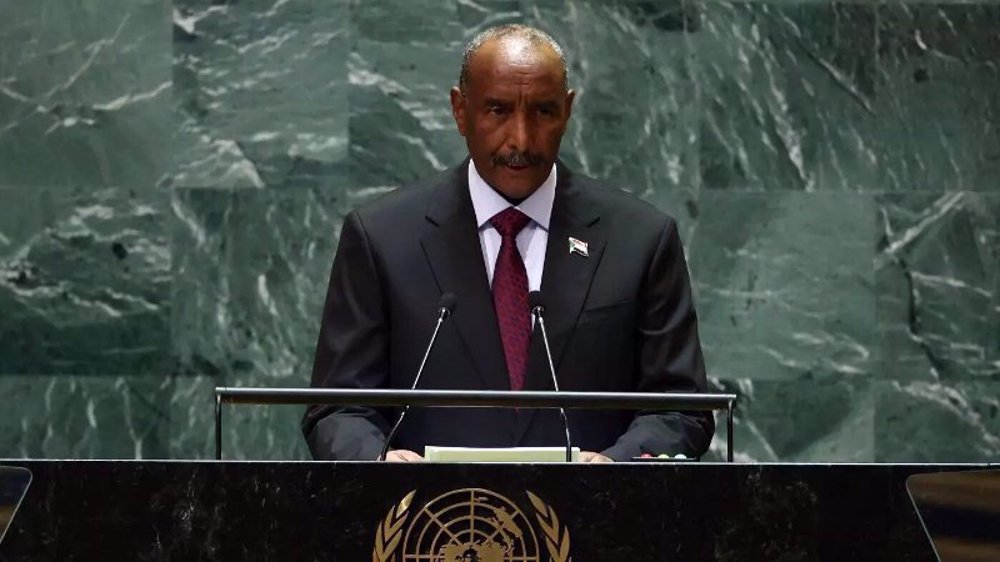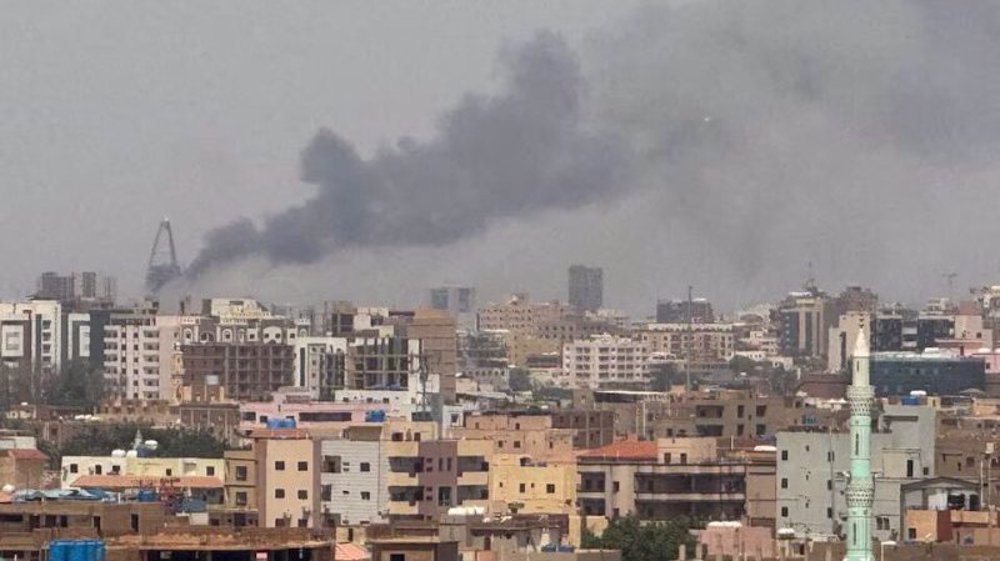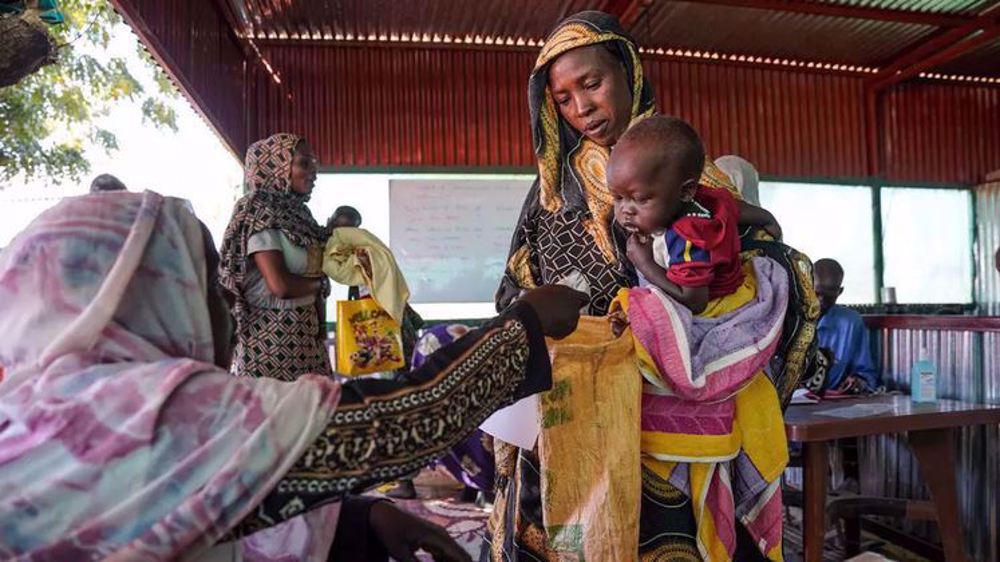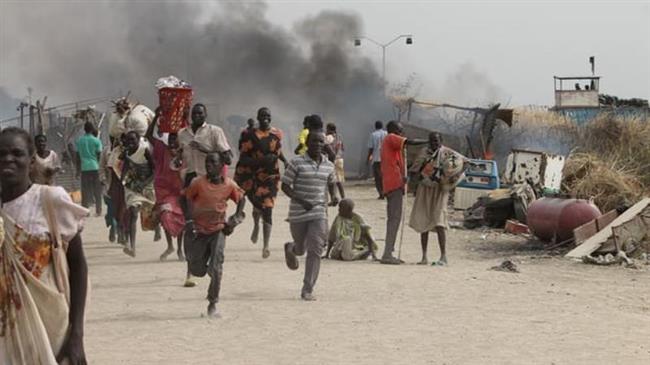South Sudan rivals ink preliminary power-sharing agreement
South Sudan’s government and the main rebel group have inked a preliminary power-sharing agreement that reinstates rebel leader Riek Machar as vice president, in an attempt to end a five-year civil war.
"The power-sharing document has been signed and it addresses all pending issues during the transitional term," Sudanese Foreign Minister Al-Dierdiry Ahmed said at a signing ceremony held in Sudan's capital, Khartoum, on Wednesday.
"Salva Kiir will continue as president of South Sudan and Riek Machar will be the first vice president," he said.
"There will be four other vice presidents shared between other political groups," the minister added, announcing the details of the pact.
The deal, which was guided by Sudan and other east African countries, was reached earlier this month in talks in the Ugandan capital, Kampala, but its signing was delayed due to differences over the contents of the pact.
The rival groups have already agreed on a permanent ceasefire and the withdrawal of their forces from civilian areas.
Ahmed said one issue that still needed more work was how to share power at the level of regions and counties.
"The negotiations on this will continue until we have an agreement," he said, adding that some opposition groups had refused to sign the deal but talks with them also continued.
According to the Sudanese minister, the "preliminary" deal should be followed by a final one on August 5.
Once a final peace agreement is sealed, it will give the rivals three months to form a transitional government under the new format. That government will then hold power for a further 36 months.
The preliminary deal stipulates the formation of a 35-member transitional government comprising 20 ministers from President Salva Kiir’s group, nine from Machar's SPLM-IO rebel group, while the rest will represent other opposition groups.
The bloody civil war in South Sudan, the youngest country in Africa, began in December 2013, when the incumbent president accused his former deputy, Machar, of plotting a coup.
The two sides have been involved in a cycle of retaliatory killings that have split the impoverished country along ethnic lines. Tens of thousands of people have been killed and millions displaced in the conflict.
A similar deal, which returned Machar to vice presidency, was reached in 2015 but fell apart a year later in a deadly clash that forced Machar into exile.
VIDEO | Former FBI agent criticizes US Congress for 'outright corruption'
IRGC chief urges Muslim countries to cut aid routes to Israel
'New chapter in cooperation': Iran, Venezuela sing new MoUs
Jordan sentences former lawmaker for supporting Palestinian resistance
Basij volunteer forces hold massive drills in southwestern Iran
Israeli war criminals 'not welcome', US city says after ICC ruling
US vetoing of Gaza ceasefire resolution ‘disgraceful’: Iran’s UN envoy
VIDEO | IAEA adopts anti-Iran resolution tabled by E3















 This makes it easy to access the Press TV website
This makes it easy to access the Press TV website